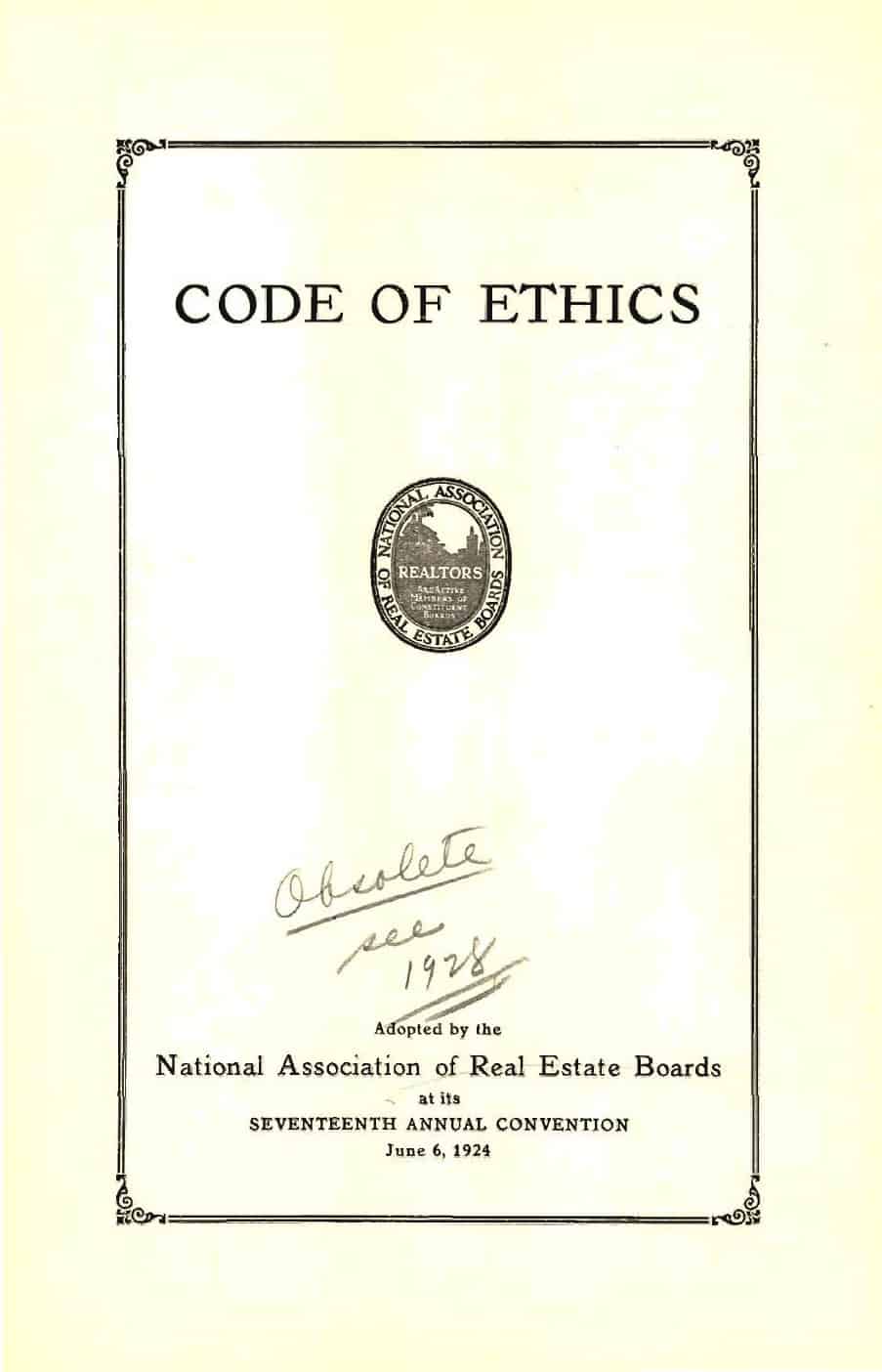Merely take the dividend per share and divide by the FFO per share. The greater the yield the much better. Strong management makes a distinction. Try to find companies that have actually been around for a while or at least possess a management group with loads of experience. Quality counts. Just invest in REITs with great homes and tenants. Consider purchasing a mutual fund or ETF that purchases REITs, and leave the research and purchasing to the pros. As with all financial investments, REITs have their advantages and drawbacks. Among the biggest benefits REITs diamond resorts timeshare have to provide is their high-yield dividends. REITs are needed to pay out 90% of taxable income to investors; hence REIT dividends are frequently much greater than the typical stock on the S&P 500.

Few people have the capability to head out and buy a piece of industrial genuine estate in order to produce passive income, however, REITs use the general public the ability to do precisely this. What is cap rate real estate. Moreover, purchasing and selling realty typically takes some time, connecting up money circulation at the same time, yet REITs are highly liquidmost can be bought or sold with the click of a button. There are some disadvantages to REITs of which financiers should understand, most notably the possible tax liability REITs can create. The majority of REIT dividends don't meet the IRS definition of "qualified dividends," indicating the above typical dividends offered by REITs are taxed at a greater rate than most other dividends.
Another possible problem with REITs is their sensitivity to rate of interest. Typically, when the Federal Reserve raises rates of interest in an attempt to tighten up costs, REIT prices fall. Furthermore, there are property specific risks to various types of REITs. Hotel REITs, for example, often do incredibly inadequately during times of economic downfall. Pros High-yield dividends Portfolio diversification Extremely liquid Cons Dividends are taxed as common income Level of sensitivity to rate of interest Dangers connected with specific properties Buying REITs is an excellent way to diversify your portfolio beyond traditional stocks and bonds and timeshare vacations deals can be attractive for their strong dividends and long-lasting capital appreciation. What does a real estate broker do.
Not known Details About How To Become A Real Estate Agent In California
Purchasing REITs through a REIT ETF is a great way for shareholders to engage with this sector without needing to personally contend with its intricacies. Since REITs are required by the Internal Revenue Service to payout 90% of their taxable income to investors, REIT dividends are frequently much greater than the average stock on the S&P 500. One of the very best methods to receive passive income from REITs is through the compounding of these high-yield dividends. Similar to any financial investment, there is constantly a threat of loss. Openly traded REITs have the specific risk of declining as interest rates increase, which generally sends financial investment capital into bonds.
Investing in other kinds of genuine estate such as health care or retail, however, which have longer lease structures and therefore are much less cyclical, is a great way to hedge against an economic downturn. The federal government made it possible for financiers to buy into large-scale commercial property tasks as far back as 1960. Nevertheless, just in the last decade have private financiers accepted REITs. Factors for this include low-interest rates, which forced investors to look beyond bonds for income-producing financial investments, the arrival of exchange-traded and shared funds focusing on property and, up until the 2007-08 genuine estate crisis, an insatiable cravings on the part of Americans to own property and other tangible possessions.

Real estate financial investment trusts (" REITs") permit individuals to invest in large-scale, income-producing realty. A REIT is a business that owns and typically runs income-producing real estate or related assets. These may include office complex, shopping malls, apartment or condos, hotels, resorts, self-storage facilities, storage facilities, and mortgages or loans. Unlike other realty companies, a REIT does not develop realty properties to resell them. Instead, a REIT buys and establishes residential or commercial properties mainly to run them as part of its own financial investment portfolio. REITs offer a method for private investors to make a share of the earnings produced through business genuine estate ownership without really needing to go out and buy commercial property.
How Much Does A Real Estate Broker Make for Dummies
These are called openly traded REITs. Others may be registered with the SEC however are not publicly traded. These are referred to as non- traded REITs (likewise called non-exchange traded REITs). This is among the most crucial distinctions among the different type of REITs. Prior to purchasing a REIT, you should understand whether it is openly traded, and how this could affect the advantages and threats to you. REITs provide a way to consist of genuine estate in one's investment portfolio. Additionally, some REITs may provide higher dividend yields than some other investments. But there are some threats, especially with non-exchange traded REITs.
They generally can not be sold easily on the open market. If you require to offer a property to raise cash rapidly, you might not be able to do so with shares of a non-traded REIT. While the market price of an openly traded REIT is readily available, it can be difficult to figure out the value of a share of a non-traded REIT. Non-traded REITs generally do not supply an estimate of their worth per share up until 18 months after their offering closes. What is pmi in real estate. This might be years after you have actually made your investment. As an outcome, for a significant time period you might be not able to examine the worth of your non-traded REIT investment and its volatility.
Unlike openly traded REITs, however, non-traded REITs regularly pay circulations in excess of their funds from operations. To do so, they might utilize providing profits and borrowings. This practice, which is typically not used by publicly traded REITs, lowers the value of the shares and the cash available to the company to buy additional assets. Non-traded REITs typically have an external supervisor instead of their own staff members. This can cause possible conflicts of interests with investors. For instance, the REIT might pay the external manager substantial charges based on the amount of residential or commercial property acquisitions and possessions under management. These charge rewards might not necessarily line up Additional reading with the interests of shareholders.
Rumored Buzz on How Much Is A Real Estate License
You can purchase shares of a non-traded REIT through a broker that gets involved in the non-traded REIT's offering. You can likewise acquire shares in a REIT mutual fund or REIT exchange-traded fund. Publicly traded REITs can be acquired through a broker. Typically, you can purchase the common stock, chosen stock, or debt security of a publicly traded REIT. Brokerage costs will apply. Non-traded REITs are generally sold by a broker or monetary consultant. Non-traded REITs usually have high up-front costs. Sales commissions and in advance offering costs normally total around 9 to 10 percent of the financial investment. These costs lower the value of the financial investment by a substantial amount.